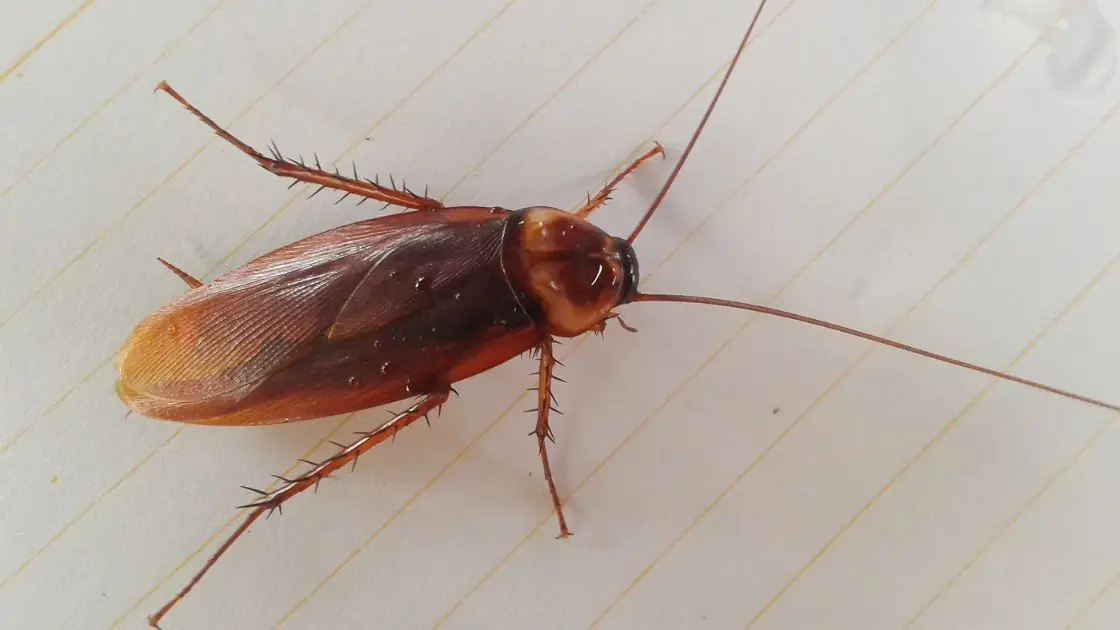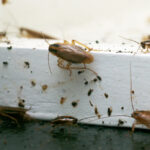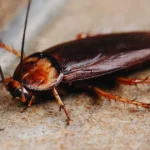Cockroaches are one of the most persistent and unpleasant pests in households worldwide. Known for their resilience and ability to survive even in the harshest conditions, cockroaches have earned a reputation for being difficult to control. While many people are aware of the general health risks associated with cockroaches, such as the spread of bacteria and allergens, a common question arises: Do cockroaches bite? In this article, we’ll explore whether cockroaches bite, when they do, and the potential risks to humans.
Do Cockroaches Bite?
Yes, cockroaches can bite, but it’s not common for them to do so. Cockroaches are generally not aggressive creatures, and their primary goal is to scavenge for food and water rather than to attack humans. However, in certain conditions, cockroaches may resort to biting, particularly when food sources are scarce or in environments where they feel threatened.
When Do Cockroaches Bite?
While cockroaches don’t usually bite humans, there are specific situations in which they may do so:
- Food Scarcity: Cockroaches are omnivorous scavengers and will often bite anything they can find, including food scraps, organic matter, and sometimes even non-food items like fabric or paper. In rare cases, when food is scarce, cockroaches might nibble on human skin, especially if you are sleeping or not moving. This can occur if the cockroach is desperate for sustenance.
- During Sleep: Cockroaches are nocturnal creatures, meaning they are most active at night. If you’re sleeping, you may be unaware of a cockroach that might nibble on exposed skin, such as your hands, face, or feet. This is more likely to happen if there is a large infestation, where cockroaches are actively foraging for food.
- Aggressive Defense: Cockroaches will typically try to flee when they encounter humans, but if they feel cornered or trapped, they may attempt to bite as a defensive behavior. However, this is an extremely rare situation, as cockroaches generally prefer to avoid confrontation.
- In Extremely Dirty or Infested Environments: In cases of heavy infestation or filthy environments where cockroaches have constant access to food and water, they may sometimes bite humans, pets, or even other animals. This could occur if the cockroach feels threatened or is feeding on waste or organic material found on the skin.
What Do Cockroach Bites Look Like?
If you’ve been bitten by a cockroach, the bite marks can vary. In general, they appear as small, red, itchy bumps on the skin. Cockroach bites are typically not deep or serious, but they can cause some irritation. Here’s what to look for:
- Redness and Swelling: The affected area may become swollen, inflamed, and red, similar to a mosquito bite.
- Itching: Like other insect bites, cockroach bites can be itchy, and scratching can exacerbate the irritation.
- Multiple Bites: In extreme cases, if a cockroach is feeding on your skin for an extended period, you may notice multiple bite marks in the same area.
While cockroach bites are usually harmless, they can cause discomfort and irritation. It’s also important to note that if you scratch the bite area, you may introduce bacteria or allergens into the skin, potentially leading to an infection.
Do Cockroaches Spread Diseases Through Bites?
Although cockroach bites themselves are generally not dangerous, cockroaches are known to carry a variety of pathogens that they can spread through their feces, saliva, and bites. Here are some potential risks associated with cockroach bites:
- Allergic Reactions: Cockroaches are common allergens, and their saliva, feces, and body parts can trigger allergic reactions, particularly in people who are sensitive. If a cockroach bite occurs, the risk of developing an allergy or asthma flare-up increases, especially in children or individuals with respiratory conditions.
- Bacterial Infections: Cockroaches are notorious for carrying harmful bacteria like Salmonella, E. coli, and Staphylococcus. If a cockroach bites you, there is a small risk that these bacteria could be transmitted through the bite or by scratching the bite, potentially causing infection.
- Parasites: Cockroaches can carry a variety of parasites, such as tapeworms or bacteria that can lead to digestive issues and other health concerns. Though it’s rare, a cockroach bite might introduce parasites into the body.
How to Prevent Cockroach Bites

While cockroach bites are not typically a major health concern, it’s still important to take measures to prevent cockroach infestations in your home. Here’s how to avoid encounters with these pests:
- Maintain Cleanliness: Cockroaches are attracted to food and water sources. Keeping your home clean and free from crumbs, food spills, and stagnant water is one of the most effective ways to discourage cockroaches from invading your space. Pay special attention to the kitchen, where food scraps are most likely to be found.
- Seal Entry Points: Cockroaches can enter your home through cracks, crevices, and gaps in walls, windows, and doors. Seal any potential entry points to make it harder for cockroaches to get inside.
- Proper Waste Disposal: Keep trash cans tightly sealed and dispose of garbage regularly. Cockroaches are attracted to waste and decomposing food, so proper waste management is essential.
- Reduce Clutter: Cockroaches love hiding in dark, cluttered spaces. Declutter your home, especially in areas like basements, attics, and behind appliances, where cockroaches are likely to find shelter.
- Use Pest Control: If you have a cockroach infestation, it’s important to address it as soon as possible. Professional pest control services can help eliminate the cockroach population, ensuring that they no longer pose a risk to your home and health.
What to Do if You’re Bitten by a Cockroach
If you find yourself bitten by a cockroach, follow these steps to address the situation:
- Clean the Bite Area: Wash the bite with soap and water to reduce the risk of infection.
- Apply Antiseptic: After cleaning, apply an antiseptic cream to prevent infection and reduce irritation.
- Use Anti-Itch Cream: If the bite is itchy, apply an over-the-counter anti-itch cream, such as hydrocortisone, to relieve discomfort.
- Monitor for Infection: If the bite becomes excessively swollen, red, or painful, or if you notice signs of infection (such as pus), seek medical attention immediately.
- Consult a Doctor: If you experience an allergic reaction or any unusual symptoms, it’s best to consult a healthcare provider.
Conclusion
While it’s not common for cockroaches to bite humans, it can happen under certain circumstances, particularly when food is scarce or during the night while you’re sleeping. While cockroach bites are usually harmless, they can cause irritation, allergic reactions, and carry the risk of infection due to the bacteria cockroaches carry. Preventing a cockroach infestation by maintaining cleanliness, sealing entry points, and using pest control measures is the best way to avoid the risk of bites and the broader health concerns associated with cockroaches. If you do encounter a bite, take the necessary precautions to clean and treat it, and seek medical attention if needed.



